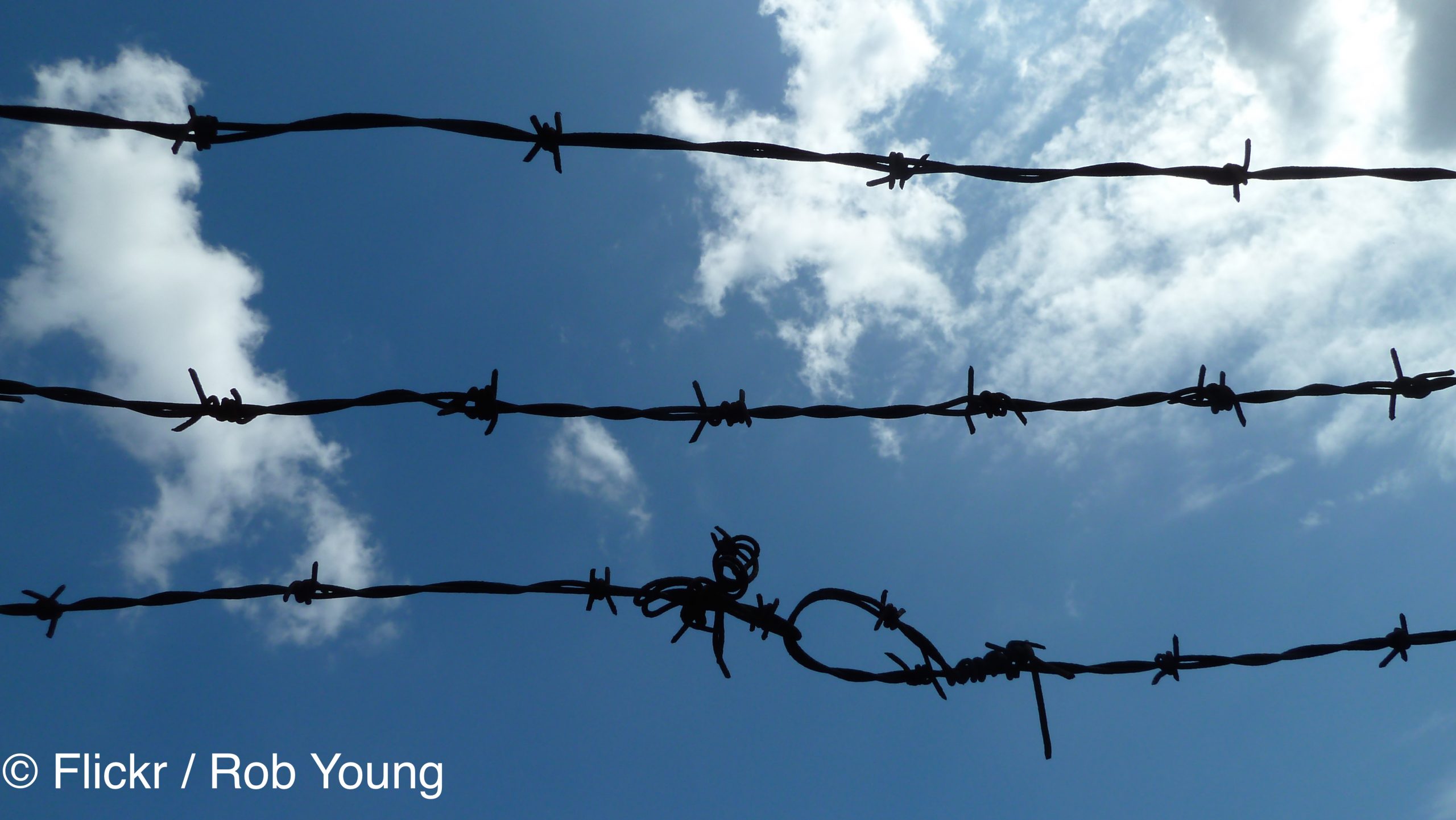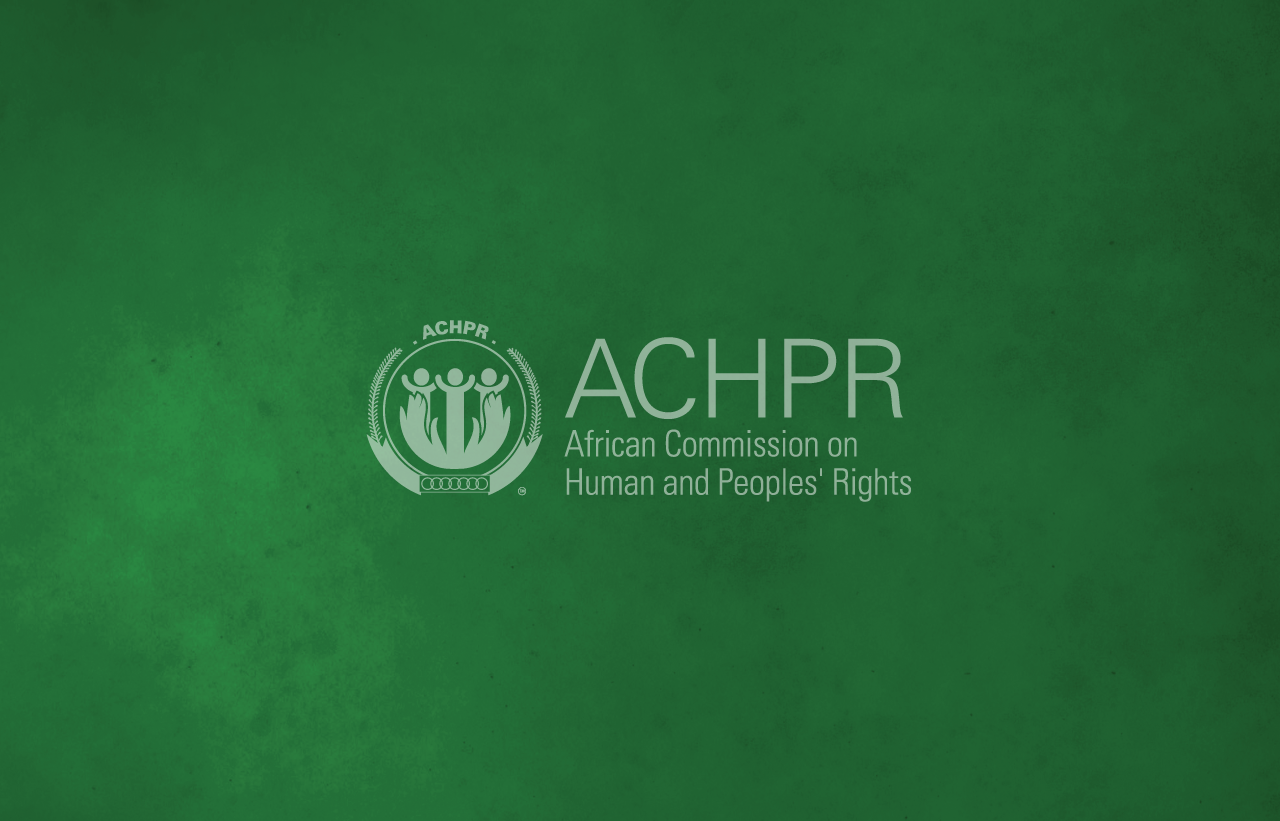States raising the political cost of reprisals
During the dialogue Germany followed up again on the case of Egyptian lawyer Ebrahim Metwally who was arrested on his way to Geneva to attend a meeting with the Working Group on Enforced and Involuntary Disappearances. He was tortured and has been detained since September 2017. During the first interactive dialogue in September 2018, Germany was the only country to raise concern over an individual victim of reprisals.
Costa Rica was the only other country to raise a specific situation of reprisals this year: it expressed particular concern about acts of intimidation and reprisals in Nicaragua.
ISHR urges all States to stand up for the critical voices of human rights defenders and seize the opportunity to take up specific cases in the report during future interactive dialogues.
Good practices
The Bahamas responded to the allegations of intimidation and reprisals against woman human rights defender Alicia Wallace after she engaged with the Committee on Elimination of all forms of Discrimination against Women (CEDAW). She and her colleagues were subjected to hate speech by a well-known radio personality, the effect of which was to create an unsafe environment for Ms. Wallace and other women human rights defenders. The Bahamas affirmed its commitment to protect human rights defenders and ensure that they can engage freely with the UN. The delegation told the Council that authorities proactively provided assistance to Ms. Wallace to guarantee her safety.
The Maldives also told the Council that it is investigating the deaths of human rights defender Yameen Rashid and journalist Ahmed Rilwan to bring the perpetrators to justice; that the defamation law providing imprisonment sentences for journalists was repealed in November 2018; and that an amendment to the Human Rights Commission Act is currently considered in parliament, which would guarantee that the Commission can communicate with international organizations. The Maldives agreed with the Assistant Secretary-General that the powerful impact of prevention is through a zero tolerance policy for reprisals and committed to condemn all reprisals as a matter of urgency. The Maldives admitted that that they ‘have seen it first hand and do not want to bear witness to it again!’.
More comprehensive reporting
In its statement during the interactive dialogue, ISHR asked the Assistant Secretary-General what steps should be taken to ensure a more comprehensive report to the Council. This came in response to notably missing cases that ISHR submitted implicating Brazil, Russia and the United States.
The Assistant Secretary-General acknowledged ISHR’s leading role in efforts to end reprisals, expressed his concern regarding the situations mentioned, but disagreed with ISHR’s statement that Secretary-General Guterres is pandering to certain States, ignoring victims’ legitimate claims and undermining efforts to protect victims from reprisals. He explained that the particular case raised by ISHR concerning remarks made by the then U.S. National Security Adviser, Mr. John R. Bolton, and the U.S. Secretary of State, Mike Pompeo did not fall under the reporting mandate of the Secretary-General as the intimidation related to the International Criminal Court.
However, ISHR recalls that the Secretary General’s 2018 reprisals report stated that ‘while recognising the independent judicial character of the International Criminal Court, the Court is regarded as a related organisation in the United Nations’ and cases related to the ICC have been included several times previously, for example:
- The 2018 reprisals report documented that two defenders in Iraq faced reprisals after attending a preparation meeting for a conference aimed at calling on Iraq to join the Court (para 29).
- The 2017 reprisals report included Israel in the reprisals report regarding incidents of reprisals and intimidation of defenders engaging with or promoting engagement with the International Criminal Court (para 39).
- In the 2012 reprisals report, the reprisals report included two incidents of reprisals for seeking or engaging with the ICC from Malawi and Sudan (para 33 and para 66, respectively).
Read ISHR’s full statement at the interactive dialogue here.




